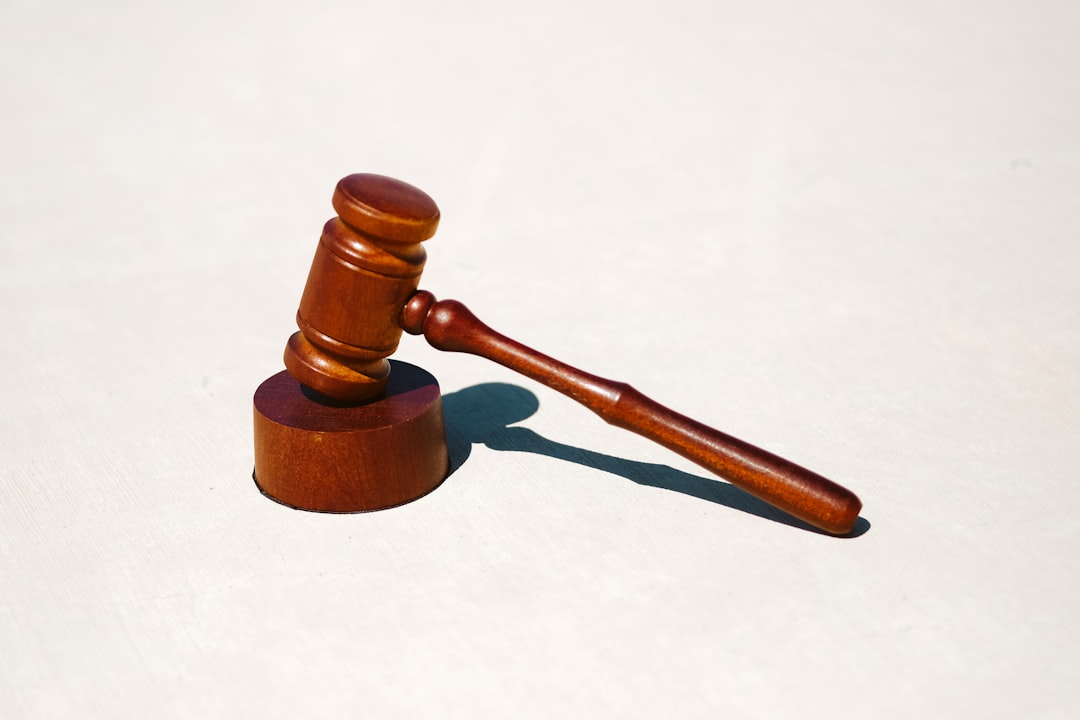Debt collector laws in Nebraska protect consumers from aggressive collection practices by setting clear guidelines for communication, tactics, and time frames. These regulations, detailed in the Nebraska Revenue Act and Chapter 48 of the Nebraska Revised Statutes, ensure fairness while empowering debtors to verify their debts and halt communication until validation is provided. Understanding these laws equips individuals facing debt collection efforts with confidence and knowledge.
“In the state of Nebraska, understanding the limitations set forth by its debt collection laws is paramount for both creditors and debtors. This article aims to demystify the complex landscape of debt collector regulations in Nebraska. We’ll explore critical aspects such as the rights of debtors, restrictions on debt collection practices, and key provisions that safeguard consumers. By familiarizing yourself with these guidelines, you can navigate the process with confidence and ensure compliance with Nebraska’s debt collector laws.”
Understanding Nebraska Laws Regulating Debt Collectors

In Nebraska, the actions of debt collectors are governed by a comprehensive set of laws designed to protect consumers from aggressive or unfair practices. Understanding these regulations is crucial for both debtors and creditors alike. The state has specific rules in place that dictate how and when debt collection agencies can take action, ensuring a balanced approach to resolving outstanding debts.
Nebraska’s debt collector laws are focused on maintaining fairness and transparency throughout the collection process. These laws limit the tactics debt collectors can employ, set guidelines for communication with debtors, and establish time frames within which collections activities must be conducted. By adhering to these regulations, debt collection agencies in Nebraska can ensure their operations remain lawful and respectful of individual rights.
Rights of Debtors: What You Need to Know in Nebraska

In Nebraska, debtors have specific rights protected by state laws and regulations regarding debt collection practices. When a debt is in collection, individuals must be aware of their legal standing to ensure fair treatment. According to the Nebraska Revenue Act, consumers are entitled to know who is attempting to collect a debt from them and the amount owed. Debt collectors are required to provide validation of the debt, including proof that it is legitimate and belongs to the collector. This process empowers debtors by giving them the right to challenge any inaccurate or disputed debts.
Debtors in Nebraska also have the right to request verification of the debt and to cease communication from the collector until they receive this verification. This law protects consumers from harassment and ensures that collectors adhere to ethical standards. Additionally, Nebraska has a statute of limitations for debt collection, which sets a time frame within which legal action can be taken after the original due date. Understanding these rights is crucial for anyone facing debt collection efforts, ensuring they know their options and can navigate the process confidently under the state’s debt collector laws in Nebraska.
Limits on Debt Collection Practices in the State of Nebraska

In the state of Nebraska, debt collection practices are regulated by a set of laws designed to protect consumers from aggressive or unfair tactics. The Nebraska Revised Statutes Chapter 48 provides a framework that outlines the permissible and prohibited actions for debt collectors operating within the state. One key limitation is the restriction on contact methods and frequency; debt collectors must adhere to reasonable hours (typically between 8 am and 9 pm) and cannot harass or abuse consumers through repeated calls, messages, or any other form of communication.
Furthermore, Nebraska law restricts the types of statements debt collectors can make. They are prohibited from misrepresenting the amount owed, the consequences of non-payment, or their identity. Debt collectors also cannot threaten actions they cannot legally take or use false or deceptive means to induce payment. These regulations ensure that debt collection activities in Nebraska are conducted fairly and transparently, promoting a balance between the rights of creditors to recover debts and the rights of consumers to be free from abusive practices.






